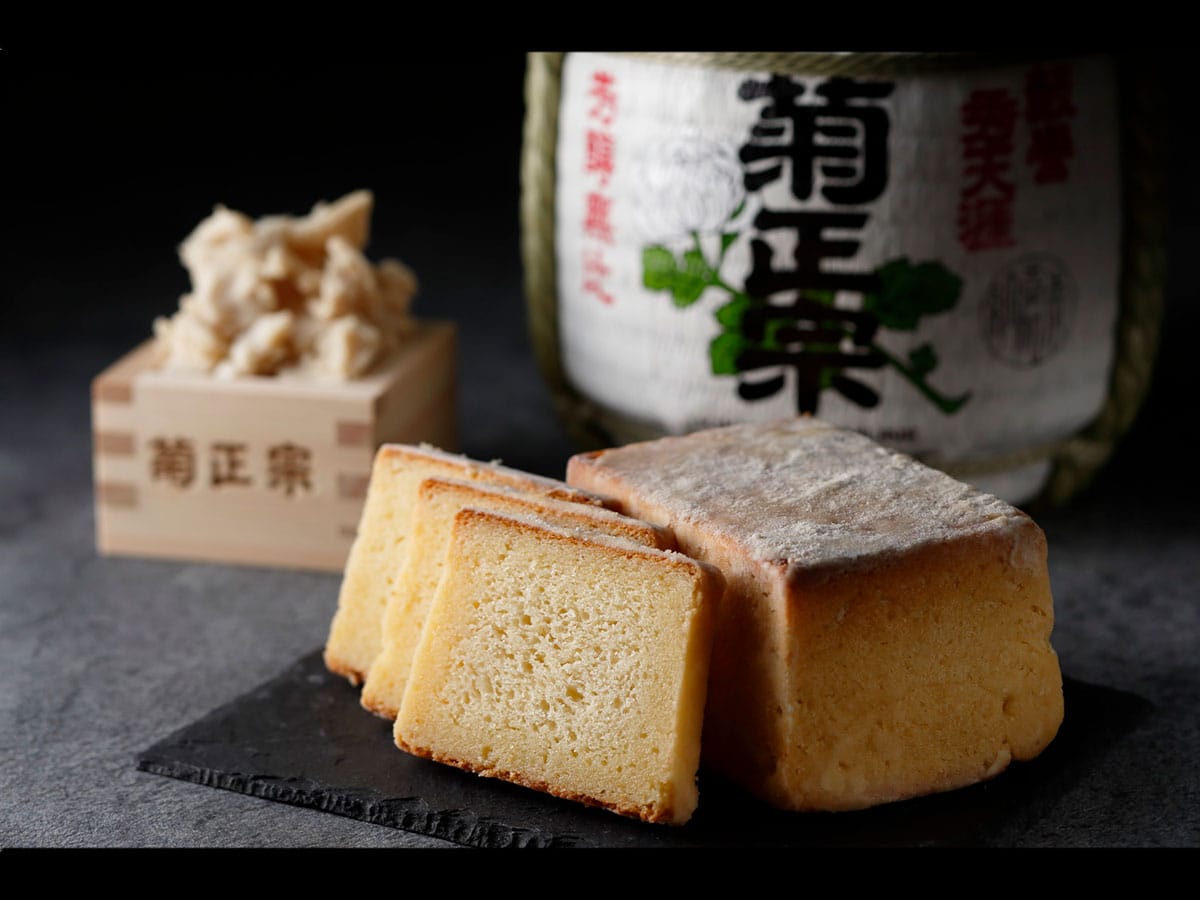
Source: © PR Times, Inc.
“Tipsy Cake” from Hotel Okura Kobe is made with Kiku-Masamune Daiginjo sake lees
- Tags:
- Cake / Daiginjo / Hotel Okura Kobe / Kiku-Masamune / Sake / sake lees
Related Article
-
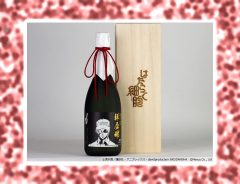
Commemorative sake celebrates “Cells at Work!” manga conclusion & anime’s 2nd season launch
-
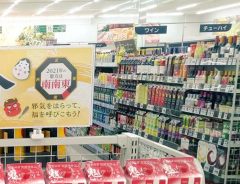
Driving demons away is normal on Setsubun, but this supermarket takes it to another level
-

Pepsi’s Japan Exclusive Christmas Flavour Revealed
-

More than just a sake tour – Try your hand in sake brewing at this experience in Kyushu
-
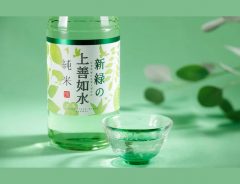
Try this limited edition kiwi sake for a fresh taste of Spring
-
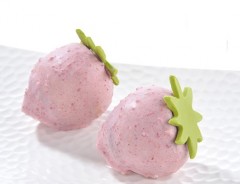
Pink Strawberry Cake In Its Testing Form


If you know your sake, then you'll probably recognize the name Nada-Gogō 灘五郷, "The Five Villages of Nada" which is the largest sake producing area in Japan, situated in the cities of Kobe and Nishinomiya in Hyogo Prefecture. Paying homage to this rich sake-producing tradition, Hotel Okura Kobe will begin selling a new original cake made with sakekasu 酒粕 lees from prized Daiginjo sake made in the famous Kiku-Masamune brewery.
Kikuhonoka 菊香
Hotel Okura Kobe's pastry chef wanted to create an original hotel product using ingredients unique to Kobe, which would be ideal as a gift or souvenir. In order to maximize the wonderful aroma and rich flavor of Daiginjo sake lees, they experimented through trial and error, combining wheat flour and sake lees, taking about a year and a half to commercialize the cake.
By kneading flour and Daiginjo sake lees in a ratio of nearly 2:1, and blending plenty of butter, Hotel Okura Kobe has created a delicious cake with a rich and mellow taste like cheese and a moist and smooth texture. Elegantly topped with a sprinkling of premium Wasanbon sugar, it's the perfect gift for any occasion.
They named it Kikuhonoka 菊香, which is written with the kanji 菊 meaning chrysanthemum, and symbolizing the Kiku-Masamune 菊正宗 sake brewery, and 香 meaning aroma. The reading honoka is a creative interpretation of the kanji 香, since honoka 仄か usually means "subtle."
© PR Times, Inc.
Details and Availability